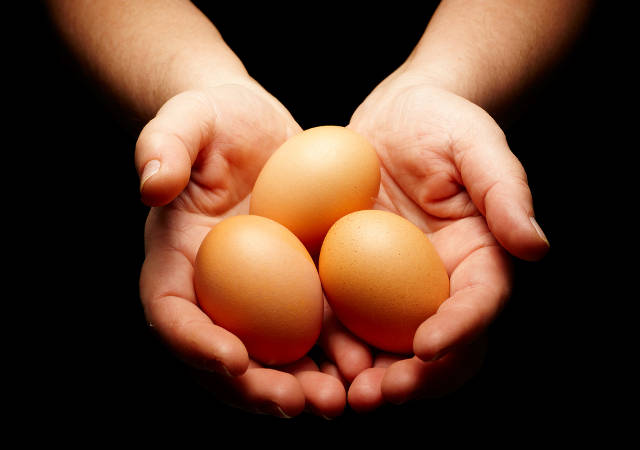Egg donation is usually done when the woman’s eggs are of poor quality and conventional IVF will not succeed.
This is a common problem since it has become normal to delay childbearing in modern society. Other indications for egg donation are premature ovarian failure, previous destructive surgery of the ovaries or previous chemotherapy.
Egg donation is a type of IVF (in vitro fertilization). The recipient of the eggs uses hormone pills (Estradiol tablets). When the lining of the uterus is ready injections with progesterone are added. The eggs are obtained from a donor who undergoes stimulation to grow eggs and then has them extracted in theatre. The donor undergoes exactly the same procedure as a standard IVF.
The eggs are fertilized and then transferred into the recipient’s uterus (womb) 3-5 days after collection. A pregnancy test is performed 11 days after the transfer.
The egg donors are young women (aged 21-32) who go through extensive evaluation prior to becoming a donor. They complete a detailed questionnaire detailing their medical and family history. They also have a full gynecological evaluation and psychological assessment by a clinical psychologist. They all have the following blood tests performed – HIV, CMV, RPR (for syphilis) and Hepatitis B and C serology. Additional tests may also be requested by the recipients.
Information regarding the donors i.e. age, physical characteristics, occupation, hobbies and personality can be used to help choose the appropriate donor but remains the exclusive right of the hospital. This information are not to be divulged to the couple receiving egg except when requested by Health Minister or court of Law.
Donors are compensated for expenses incurred during the procedure but may not receive any other payment for the procedure of egg donation i.e. transport allowance & inconvenience allowance.


